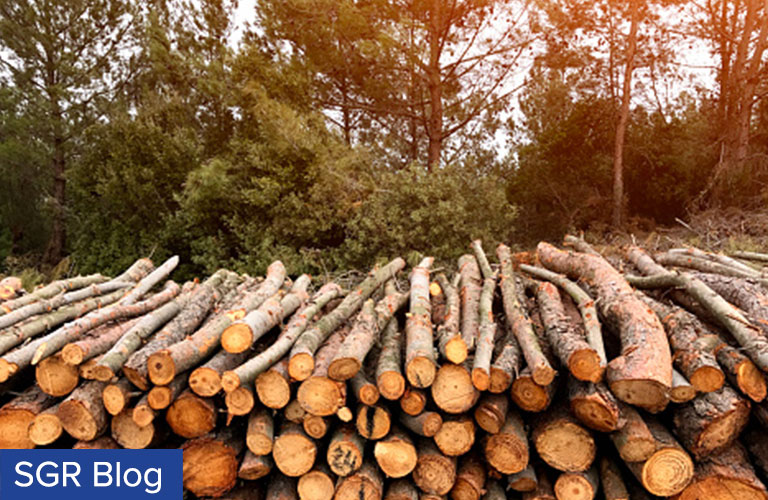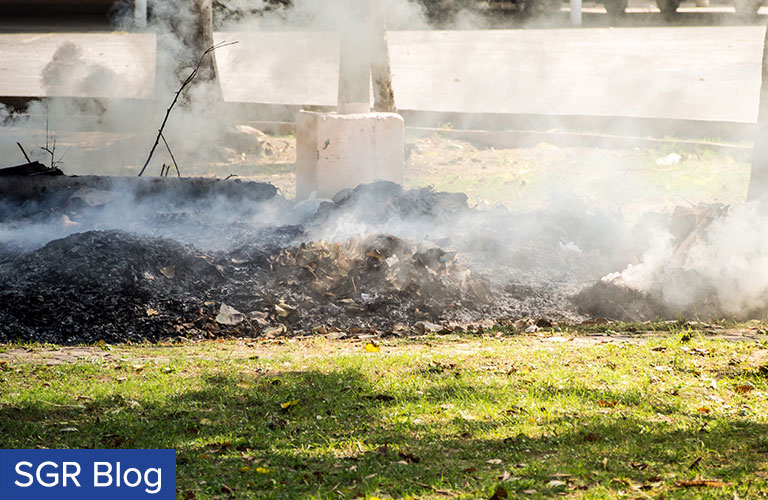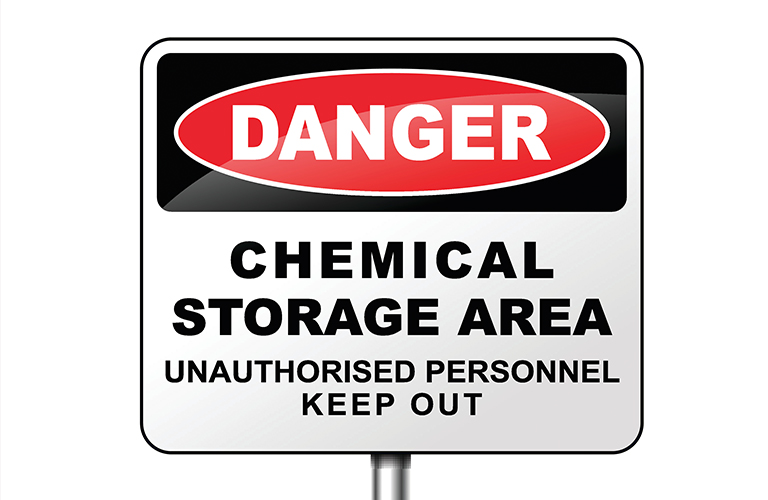
In December, 2021, representatives of the timber and paper industry petitioned the EPA to ease restrictions on the burning of railroad ties and paper residuals as fuel without triggering strict hazardous waste combustion emission requirements. The EPA previously denied the coalition’s petition to revise the Nonhazardous Secondary Material criteria for treated railroad ties and certain paper residuals. As outlined in its March 29 request for reconsideration, the issue is whether the railroad ties and paper residuals can be burned as “fuel” in boilers and avoid tougher emissions limits designated for incinerators. When a material is designated as fuel under the… Read more



